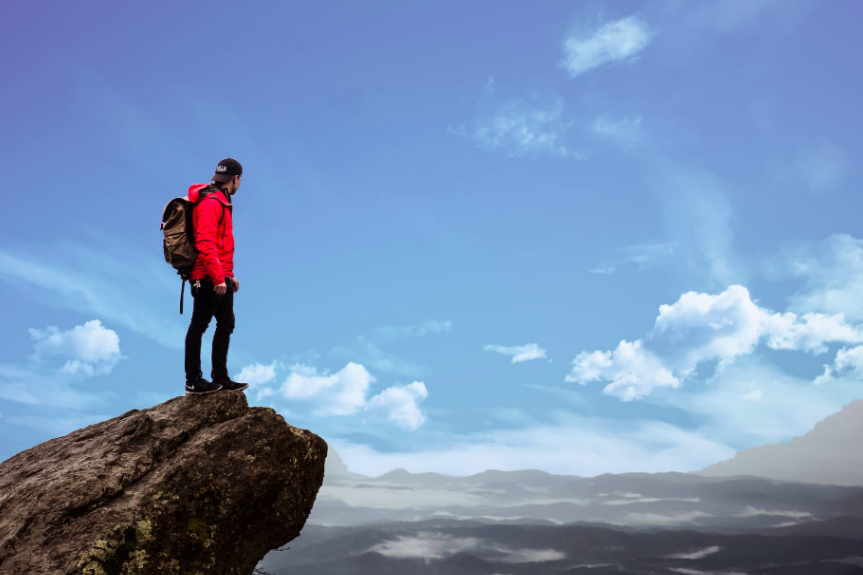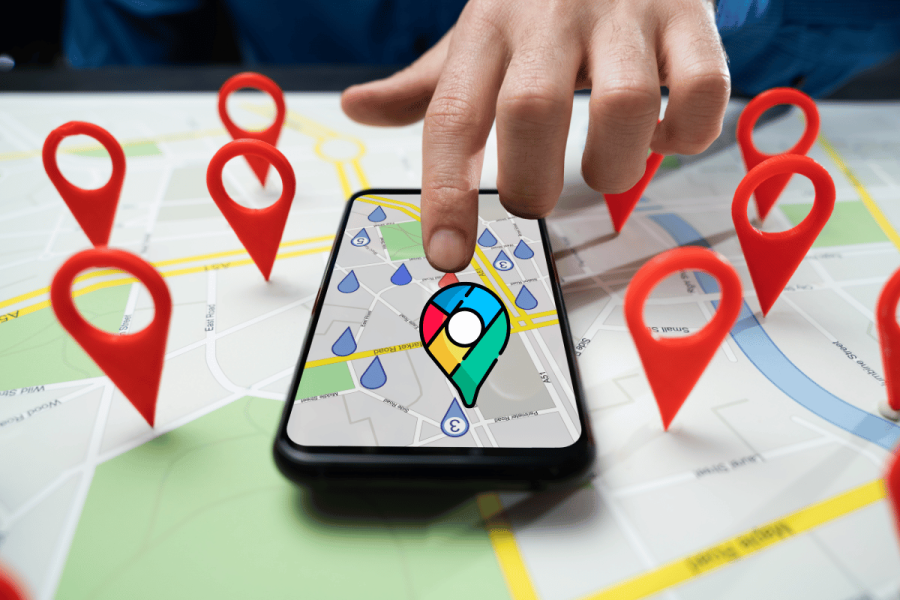Burnout is bad news. Professionals who feel ground down by their job risk a range of health problems, impacting both their quality of life and their work performance.
Studies show burnout raises the risk for mental health issues like depression and anxiety. Once the stress becomes too much to bear, employees leave, creating costly turnover for their employer.
Beating burnout takes effort from both sides. Employers have to provide ample time off, maintain reasonable expectations, and listen to team members’ concerns. Workers, meanwhile, have to engage in activities that provide relaxation when they’re off the clock.
Outdoor Activities Are Key
Exercising and spending time outdoors don’t just feel good; research suggests they’re two of the best ways to combat burnout. If you don’t already have an activity in mind, try:
1. Backpacking
Backpacking exposes you to beauty that simply can’t be seen from a car window. If you’ve never been before, be sure to follow a backpacking gear checklist. As long as you’ve got the right gear, you’ll find the fresh air and mountain views to be a great antidote to office burnout.
Backpacking can also guard against the health consequences of burnout. In addition to reducing your risk of heart disease and stroke, backpacking — the kind that raises your heart rate and makes you sweat — increases the size of your hippocampus. That means improvements in thinking and memory.
2. Biking
If backpacking seems a little too adventurous, try biking. Because biking is a low-impact exercise, it can be done for longer and with less stress than many other outdoor activities on this list. A study published in Urban Landscape and Planning showed that spending more time in natural areas lowers levels of the stress hormone cortisol.
Whether you prefer urban parks or wooded trails, be sure you’ve got a bicycle that fits. The seat should come up to the top of your hip. The handlebars should be positioned so you have to lean forward slightly. Always wear a helmet; if you ride at night, be sure your bicycle is outfitted with front and rear lights.
3. Yoga
Yoga can be enjoyed indoors, but why not find a shaded patch of grass for your practice? Many people find an outdoor environment enhances yoga’s meditative benefits. People who meditate regularly tend to have a smaller-than-average amygdala, the part of the brain that triggers the fight-or-flight response. Although that urge is important when, say, escaping a tiger, it’s not helpful in the office.Get a mat that’s thick enough for uneven ground. Choose a tranquil spot, and clear away sticks and other debris. Start with grounding poses like downward dog before graduating to more complex ones. Even a 15-minute session over lunch can make the office more bearable.
4. Rock Climbing
In the mood for a thrilling outdoor activity? Bouldering, one style of rock climbing, has been proven to build muscle endurance while reducing stress. In fact, it’s so effective that some hospitals in Germany are using rock climbing as a therapy for mild and moderate depression.
There are many styles of climbing out there, including sport climbing, which is a more athletic style that involves mental and physical conditioning. Whichever you prefer, start small and make sure you’ve got the right gear. Climbing and rappelling are exciting, but they’re also dangerous.
5. Kayaking and Canoeing
If you’re a water lover, kayaking or canoeing may be the outdoor activity for you. Urbanites love it because it’s an immediate escape from the stresses of the city, given that most major ones are located along waterways. Between the rhythm of paddling and the rushing sounds of rapids, kayaking and canoeing make it easy to find your flow.
Although kayaks and canoes can be expensive, resale sites are full of secondhand ones. Get a good life jacket, and always bring a partner. Riptides and undercurrents are surprisingly strong, and you don’t want to get caught in one with nobody nearby to help.
What’s the single best outdoor activity for fighting burnout? The one you enjoy most. Having fun creates new connections in the brain. Even if you aren’t a master backpacker or Tour de France cyclist, you’ll do your brain a favor by blowing off steam outdoors.









